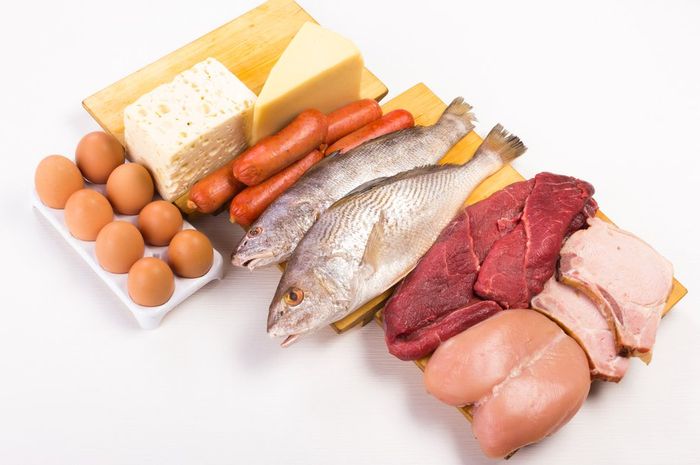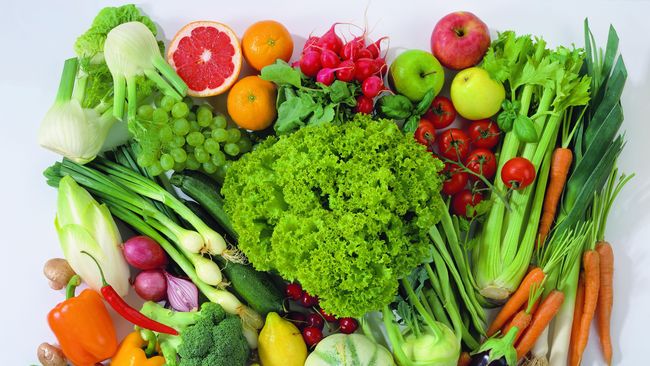Animal or plant protein, which is healthier?
Sources of protein can be obtained through animal or vegetable. However, what is the difference between animal and vegetable protein?
Protein is one of the nutrients that the body needs. These nutrients help build muscles, hormones, bones, and repair various tissues in the body. The Recommended Dietary Allowance (RDA) or recommended daily intake for protein is a modest 0.8 grams per kilogram of body weight. The RDA is the amount you need to meet basic nutritional needs. This means that this is the minimum amount you need to get sick and not a specific amount you should eat each day.
Animal protein

Animal protein is more easily absorbed than plant protein, because animal protein is very similar to the protein found in the body. Most are found in meat, eggs, and dairy products. However, that does not mean that you should cut vegetables from your diet or diet.
The nine essential amino acids found in animal protein are what make it a ‘complete’ protein and help the body build muscle and bone.
Vegetable protein

Vegetables are full of vitamins and minerals and have lower calories than meat or eggs. However, they don’t contain as much protein per serving as meat. In addition, the protein it contains is “less complete” compared to that in meat, because it does not contain all the amino acids that the body needs.
Then, how to get the amino acids needed for vegetarians and vegans?
You need to make sure that your diet includes a variety of different plant proteins, including soy-based nuts, products, and seeds as well as fruits and vegetables. These varieties ensure that their bodies get the various necessary amino acids.
Animal or vegetable protein, which is healthier?
The issue of which is healthier is still a matter of debate and more research is needed. It is true that animal protein provides a complete source of protein, but several studies have linked it to various negative health effects, especially if consumed in excess. In addition, plant protein provides a number of healthy nutrients along with protein.
In fact, several studies have found that vegetarians’ overall health is better than that of non-vegetarians. Of all this, the key is balance. If there is a vegetarian or vegan, you should balance vegetable protein with other foods that provide adequate nutrition for the body. And non-vegetarians should avoid protein-rich foods that can pose health risks.
Read Also: 5 Ways to Distinguish Pork and Beef





